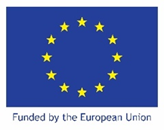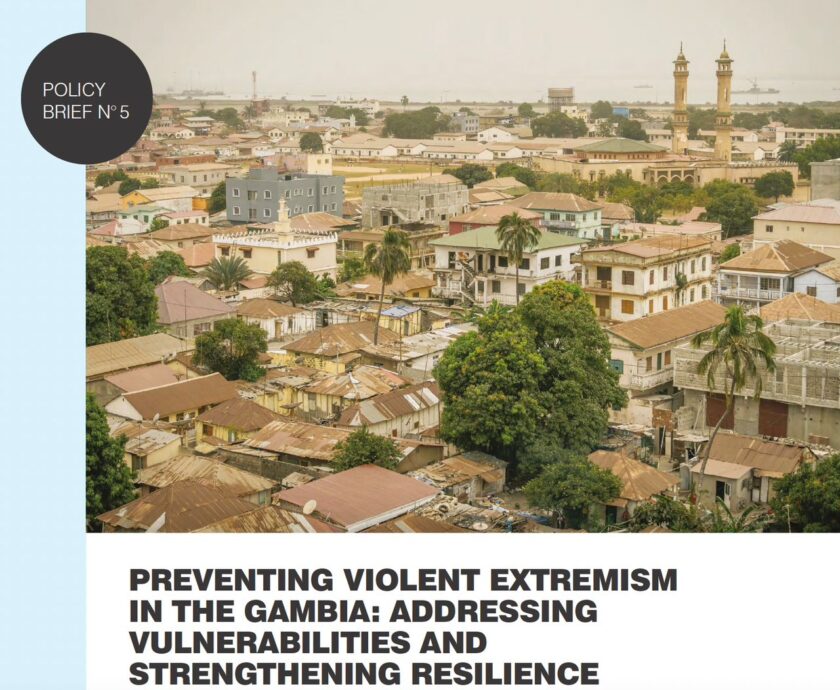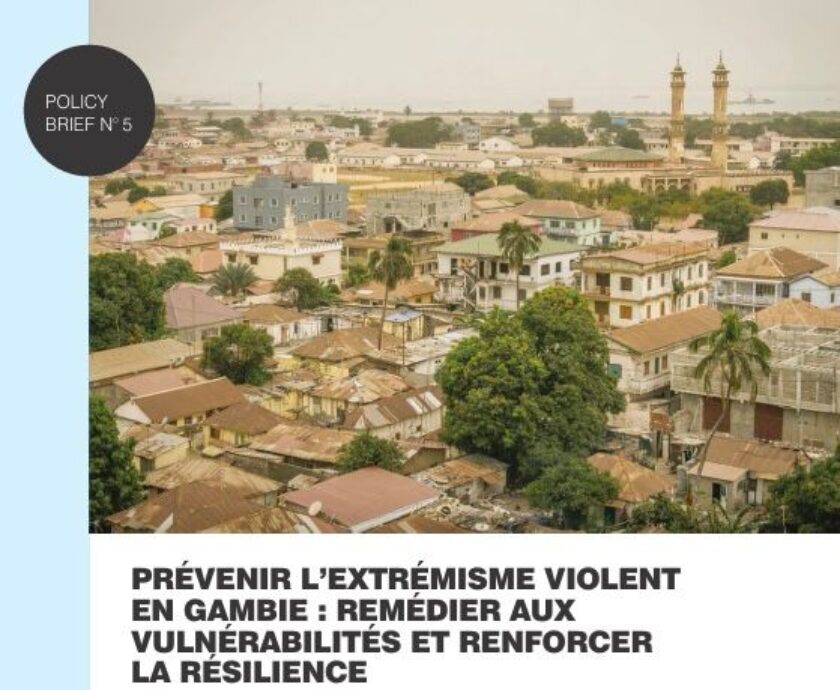Policy Briefs
Executive summary:
Germany is the main European donor of humanitarian and development aid to Mali, and as such plays a significant role in the country’s stability. The planned 53% reduction in its humanitarian budget (Südhoff, 2024) is likely to have considerable consequences for all beneficiary countries, albeit to varying degrees.
In a context marked by declining aid from Mali’s major European technical and financial partners, as well as reduced US funding through USAID, these budget cuts could exacerbate food insecurity, malnutrition, and resource-related conflicts, directly affecting millions of vulnerable people. As of 2025, Mali has no longer been included on the list of countries eligible for transitional development assistance from the Federal Ministry for Economic Cooperation and Development (BMZ), a mechanism designed for fragile contexts or protracted crises, focused on strengthening the resilience of local people and structures. Although Germany, like other European countries, has suspended its cooperation with the central government of Mali, it has nevertheless maintained an approach focused directly on populations, notably by providing financial support to local authorities, civil society organisations, and NGOs.
Author: Boubacar HAIDARA. Senior Researcher at the Bonn International Centre for Conflict Studies (BICC); Associate Researcher in the research group ‘Les Afrique dans le Monde’ (LAM), Sciences-Po Bordeaux.






